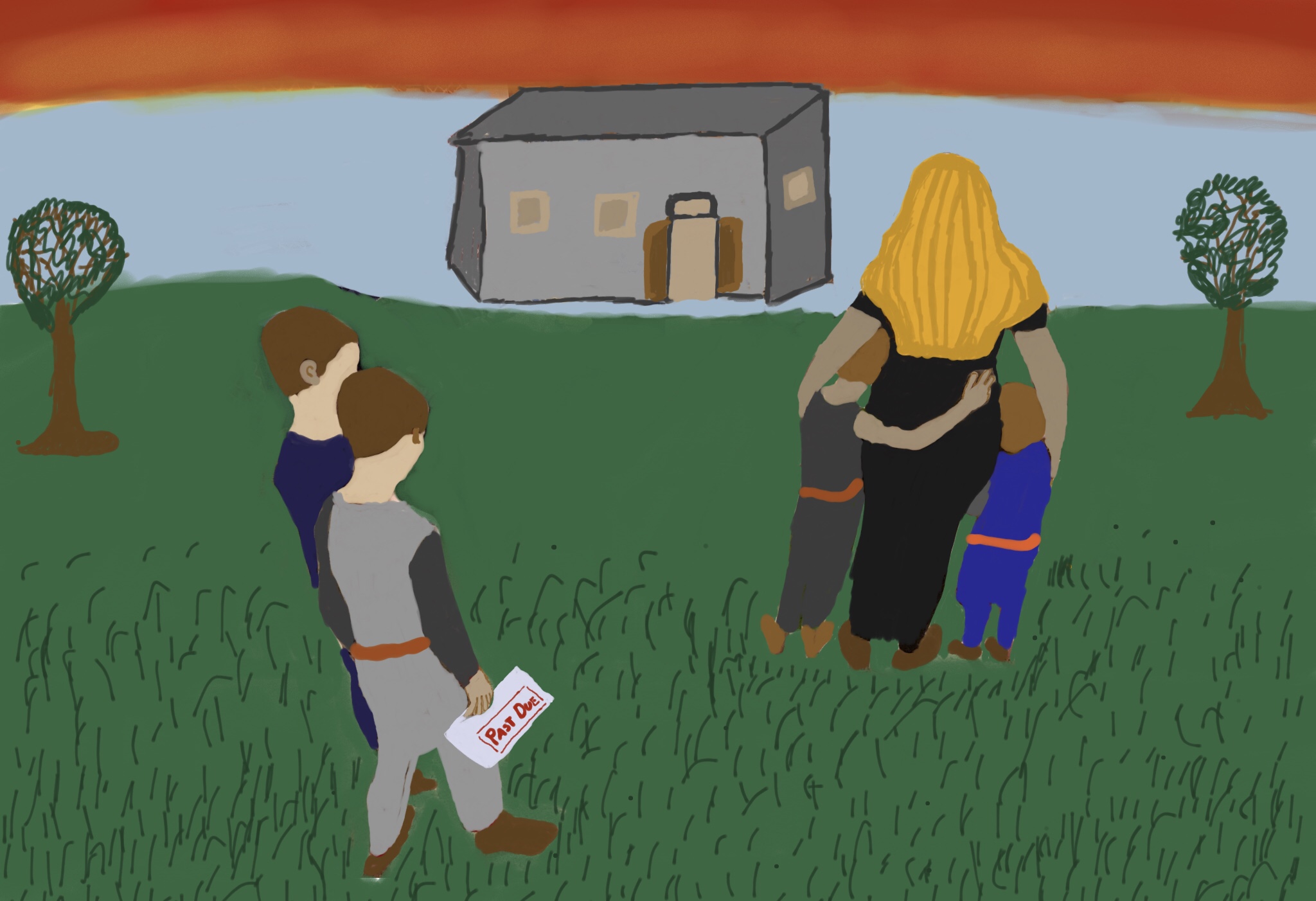#77. The Widow’s Plight

A certain woman of the wives of the sons of the prophets cried out to Elisha, saying, “Your servant my husband is dead, and you know that your servant feared the LORD. And the creditor is coming to take my two sons to be his slaves.
II Kings 4:1 NKJV
Do you regard widows the way God regards widows in the Bible? When is the last time you considered your own heart towards the widows around you in church and among your neighbors?
God provides particularly special care in Scripture for those people who by reason of God’s providence are most vulnerable to harm or mistreatment. There are typically three categories, the sojourner (stranger, foreigner, or alien), the fatherless child, and the widow. “You shall not mistreat a stranger nor oppress him, for you were stranger in the land of Egypt. You shall not afflict any widow or fatherless child. If you afflict them in any way, and they cry at all to Me, I will surely hear their cry; and My wrath will become hot, and I will kill you with the sword; your wives shall be widows, and your children fatherless” (Exodus 22:21-24).
Just after the giving of the Ten Commandments, God said, “You shall not afflict any widow, or fatherless child” (Ex. 20:22). When the blessings and the curses were read routinely in Israel, all the people would hear, “Cursed be he that perverted the judgment of the stranger, fatherless, and widow. And all the people shall say, Amen” (Deut. 27:19). When the widow put two mites into the temple treasury, Jesus commended the woman who gave of her want unto the Lord (Mark 12:41-44). Jesus raised the widow’s only son at Nain (Luke 7:11-17). The care for widows was a part of the ministries of Elijah, Jesus, and Elisha.
As we come to II Kings 4, we find that Elisha was back in Israel with the sons of the prophets, and one of the men had died.* This prophet left behind a wife who was then a widow, two sons, some financial debt, and this legacy: He was a servant of Elisha and feared the Lord (vs. 1).**
The financial debt was the immediate problem. The creditor was coming to make good the payment by taking the two sons of the widow to be his slaves. This was a serious problem for at least two reasons: 1) It was afflicting both the widow and the fatherless; and 2) Though a creditor could require a debtor to work for him to pay off the debt, he must be treated as a hired servant (employee) and could not serve as a bond servant or slave. Furthermore, he was to be set free in the year of Jubilee (Lev. 25:39-40). It seems evident from this account that there was great injustice. Rather than debts being cancelled with the death of the man, the debt was being called by creating greater hardship on the fatherless children and their widowed mother.
What injustice and misery was in Israel that the widow could not go to the local governor but had to plead with Elisha the prophet for help! When the true God is denied and idols are served in His place, all manner of injustice and sin will prevail. We have the stranger, fatherless, and widow with us today. May we help them in every godly way we can that the name of Christ might be exalted in the world when they see us caring for one another’s needs. “By this all will know that you are My disciples, if you have love for one another” (John 13:35).
.
.
*The timing of chapter 4 is not perfectly clear. Certainly there are portions of II Kings that are not in chronological order, but the Lord is highlighting several of the miracles Elisha performed by God’s power that established him as the prophet of the Lord with a double portion of Elijah’s spirit. It is possible this event took place after Elisha returned from Moab. It is also possible that it took place between chapters 2 and 3.
**We ought to give regular thought to our legacy in this fashion: How will we be remembered by our families in relationship to the Lord? Will our families even think of us in relation to the Lord? Or will they think of our love for the world, beer, parties, football, hiking, or movies above all else? We know nothing of this prophet who died other than he left behind a believing wife, obedient sons, and this testimony: “He feared the Lord.” There are few better eulogies or tombstone inscriptions that could be made than this.
Copyright ©, LikeTheGreatMountains.com, 2020



0 Comments